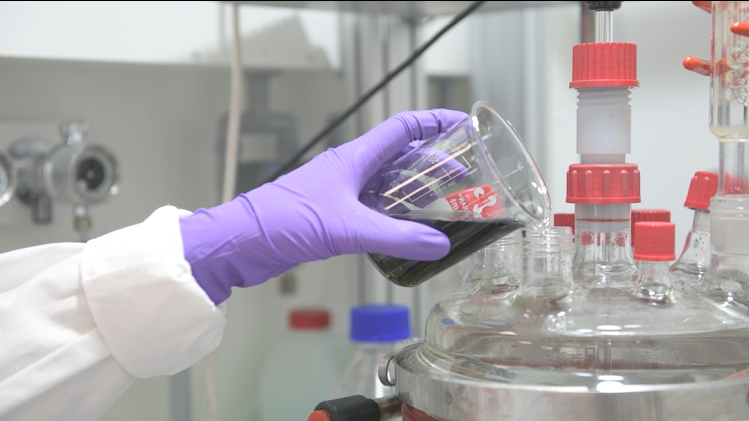Press release — 05 Oct 2023
Handbook released to explain new high-power sustainable battery
At the end of four years of research, the EU-funded project ASTRABAT has crowned its achievements by releasing its technical handbook, gathering and condensing all the major breakthroughs it reached in the field of solid-state lithium-ion batteries. ASTRABAT’s energy cell has a completely solid design; thus, increasing thermal stability and safety thanks to the absence of a liquid component. This is possible thanks to the use of state-of-the-art polymer electrolytes and a robust ceramic filler.
The new cell design is explicitly geared towards recycling and repurposing employed materials, involving research on more environmentally friendly components, manufacturing processes and decreased mineral consumption (such as cobalt). Moreover, the project has worked towards upscaling the materials synthesis processes, reaching 1kg-batches.
ASTRABAT has made substantial progress in various critical areas and the first pouch cell prototype emerged as early as 2022: however, there are still interfacial issues and mechanical stability of solid-state cells to be solved before mass production. The year 2030 is believed to be an achievable time for this new technology to be commercialised on a larger scale.
“With ASTRABAT, new knowledge was gained to progress on the all-solid-state batteries. To date, this technology, as developed in our project, has the potential to revolutionize various industries, including electric vehicles, portable electronics, and renewable energy systems, after finalization of the industrial scaling-up“, states Sophie Mailley, ASTRABAT’s project coordinator from CEA France.
The project started in 2020 with the daunting task of exploring the possibilities of an innovative battery that would fulfil not only the need for higher energy density and power compared to the ones currently commercialised, but also for a sustainable and marketable product that could be mass-produced in Europe.



